What is the true nature of the paradox that the number of languages in the world is actually increasing, even though it should decrease as speakers die?

A language disappears when all its speakers die. Although new languages such as
The Language Counting Paradox - YouTube
Archie Thompson, an elder of the indigenous Yurok tribe of California, passed away in 2013. Mr. Thompson was the last native speaker of the Yurok language, and with his death, there are now no native speakers of the language left in the world.

It is estimated that nine languages go extinct each year. However, the number of languages recognized as official languages is increasing year by year, from 7,117 in 2020, to 7,139 in 2021, 7,151 in 2022, and 7,168 in 2023.
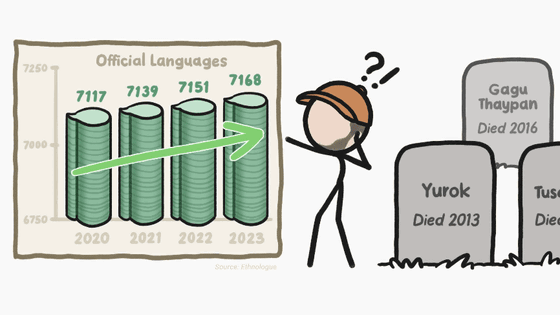
The paradox that the number of native speakers of a language is increasing while the number of native speakers is disappearing is due to the fact that it is an official language. For example,
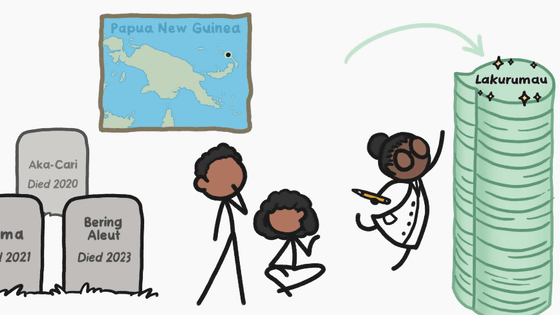
There are many cases where a new species has not been officially recognized because its existence was known and observed, even though it was not treated as a new species.
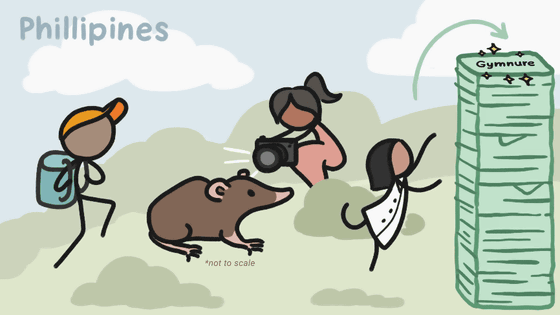
There is another major reason for the increase in the number of languages: what was thought to be 'one language' for many years is now recognized as 'a group of similar but different languages,' and the number of languages counted increases.

For example, until the early 2000s, most experts considered
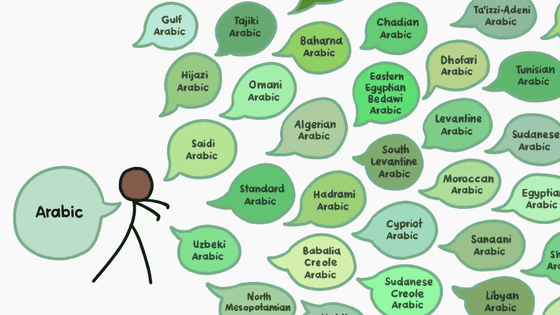
The same thing is happening with biological species. Giraffes, which were previously thought to be a single species with only nine subspecies, have been found to have four genetically separate groups that have evolved separately: the southern giraffe, the reticulated giraffe, the northern giraffe, and the Masai giraffe, according to a 2016 study. The classification was criticized for being based only on genetic data and not taking into account other factors such as physical characteristics, but the researchers argued that the number of officially recognized giraffe species should be increased to four.
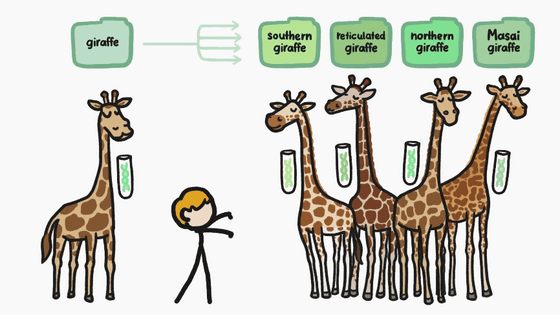
The number of officially recognized languages and species in the world both increase every year, not because of actual numbers increasing, but because more research into classification and a greater emphasis on documenting and distinguishing them.
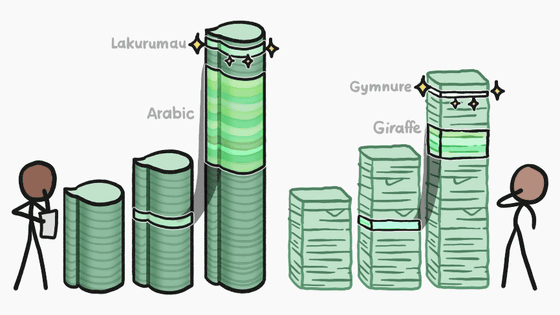
But at some point, such classification and documentation will reach a peak and languages and species will be lost faster than they are recognized, and the number of officially recognized languages will begin to reflect the deaths of native speakers more dramatically, leading to a decline in the number of languages in the world.

On the other hand, linguistic research is also underway to revive the lost language. Although there are no native speakers of the Yurok language, some high schools offer Yurok language classes, and by 2023, more than 300 children will be able to speak the language fluently.
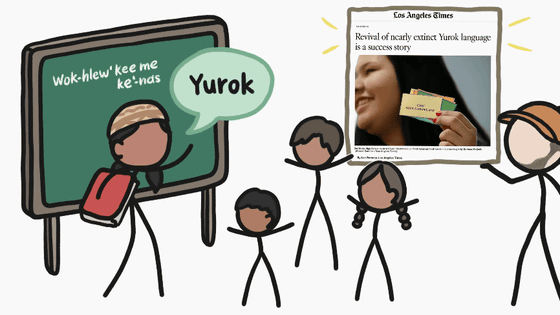
Related Posts:
in Video, Posted by log1e_dh







